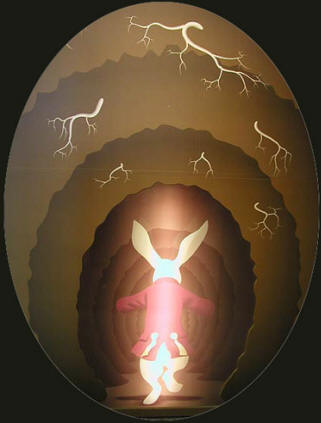In the previous entry, I showed you how the eukaryotic cell plan is far more complex than the bacterial cell plan on multiple levels. We might add the existence of introns in protein-coding genes, and thus the need for a spliceosome, to the picture. And we’ll add more in the future. But for now, we have enough to acknowledge the existence of a mystery. Since bacteria teach us that life is possible without all this complexity, we can explore questions that remains in the collective blind spot of the non-teleologists – Why is the cell plan of the eukaryotic cell so needlessly complex?
We could try to explain this by invoking the large population sizes of bacteria and hypothesize that this difference is the consequence of purifying selection. After all, it is well known that natural selection streamlines bacteria for efficient replication. Yet while this may be part of the explanation, it leaves too many stones unturned. For example, does this mean that life originated from complex, rather than simple, beginnings, and natural selection has pruned away much of this ancient complexity? And how did the eukaryotic cell plan emerge in such a way as to escape the pruning shears of purifying selection? And why hasn’t purifying selection streamlined the machinery inside the yeast cell, an organism which exists as large populations?
To show you how deep this mystery goes, let’s focus on one example of needless complexity – the RNA polymerase.

